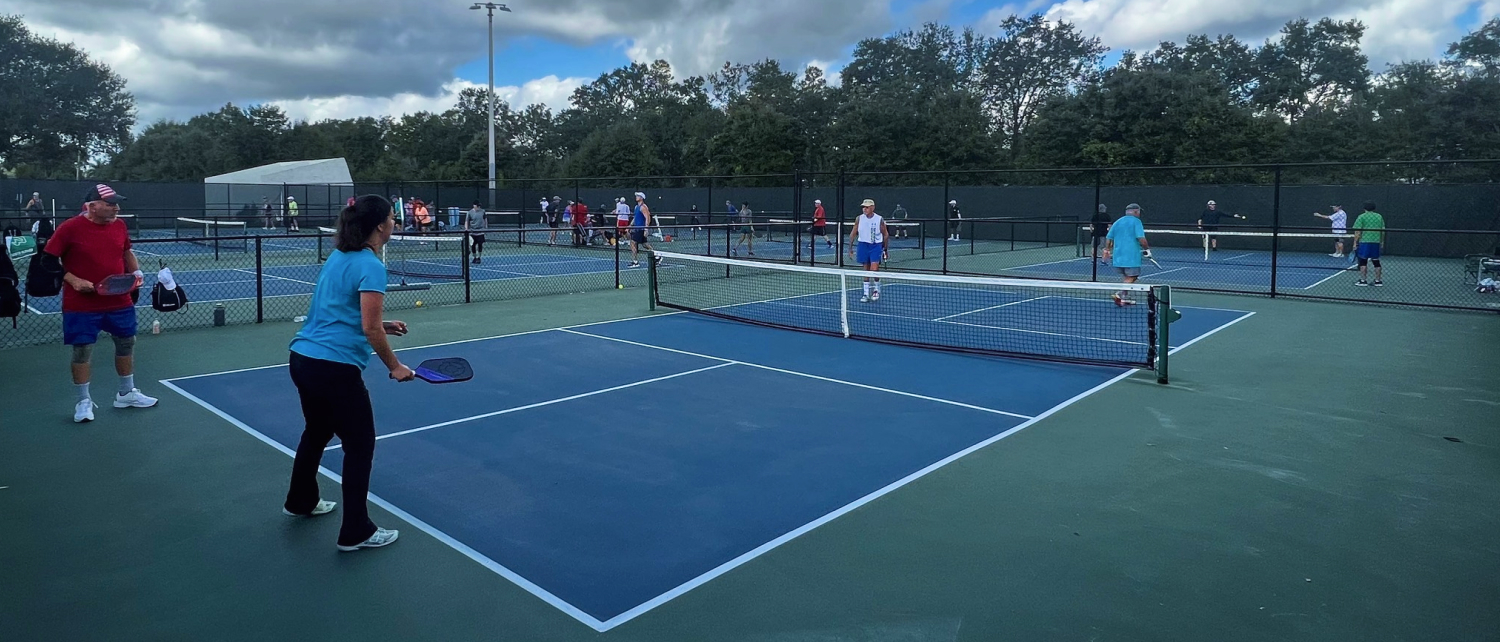
Pickleball has exploded in popularity over the last decade, evolving from a backyard pastime into one of the fastest-growing sports in the United States—and beyond. With its blend of accessibility, competitiveness, and community, the game has captured the attention of players of all ages. But as the sport pushes forward, one question continues to gain traction: What happens if pickleball becomes an Olympic sport?
The short answer? Everything changes. From youth development to global media coverage, Olympic recognition would elevate pickleball to the world stage. But perhaps one of the most transformative aspects would be its emergence as a collegiate sport, setting the foundation for elite competition and long-term athlete development.
Olympic Status: A Catalyst for Transformation
Being recognized as an Olympic sport is more than just a title—it’s a massive validation. Olympic inclusion signals that a sport has global appeal, standardized rules, and the infrastructure needed to support international competition.
· Increased funding from national sports organizations
· Accelerated global court development
· Formation of national training teams
· Unified rules and competition standards
· Mainstream media coverage and fan engagement
But what bridges the gap between casual players and Olympic hopefuls? The answer lies in collegiate sports.
The Power of College Athletics
College athletics serve as a crucial pipeline for many Olympic sports. Gymnastics, wrestling, swimming, and track all rely on collegiate competition to develop talent and prepare athletes for elite international stages. If pickleball is to follow a similar path, college programs must play a central role in shaping its future.
The rise of pickleball as a recognized collegiate sport would represent a seismic shift for both the sport and student-athletes.
1. Official College Programs & Varsity Teams
With Olympic interest, colleges and universities would begin to launch official pickleball programs—either through varsity status or robust club support. Schools would allocate budgets, coaching staff, and facilities to support competitive teams.
Title IX considerations would also ensure that men’s and women’s programs receive balanced opportunities, encouraging co-ed participation and equal representation.
2. Scholarships for Student-Athletes
Like tennis or golf, pickleball could eventually offer athletic scholarships. This would attract young talent, particularly those coming from elite junior or high school backgrounds, and motivate them to pursue the sport at a higher level.
With scholarships on the table, student-athletes would have a clear path to combine their academic pursuits with competitive training.
3. Competitive Conferences and National Championships
As more schools adopt pickleball programs, collegiate-level leagues and conferences would emerge. We’d likely see:
· Intercollegiate tournaments
· Regional and national championships
· University ranking systems
· Media coverage from college sports networks
4. Recruitment and Training Infrastructure
With collegiate recognition, recruitment becomes a formal process. Coaches would scout high school and club talent, creating pipelines similar to those in NCAA tennis or volleyball.
Strength and conditioning programs, dedicated practice schedules, sports medicine support, and access to advanced facilities would all contribute to building well-rounded athletes who could eventually represent their country on the Olympic stage.
Why Pickleball Is Perfect for College Sports
· Low cost: Minimal equipment and court space needed compared to other sports
· Fast-paced & entertaining: Great for spectators and media streaming
· Inclusive: Appeals to a wide range of athletic skill levels and backgrounds
· Safe: Lower injury rates than many high-impact college sports
· Flexible: Easy to host indoors or outdoors across seasons
The Ripple Effect on Youth Development
· High schools will create formal pickleball teams
· Club tournaments will grow in size and prestige
· National rankings for juniors will be established
· Specialized coaching and training facilities will flourish
Parents, seeing the opportunity for scholarships or elite competition, will support their kids’ involvement from a young age. This creates a full pipeline: junior to high school → collegiate → Olympic athlete.
Media, Sponsorship, and Pro Career Pathways
· College pickleball matches could be streamed on ESPN+ or college sports networks
· Brands would begin sponsoring collegiate teams and top athletes
· Pro leagues like MLP and PPA would scout talent directly from college teams
The transition from collegiate star to professional player to Olympic athlete would become a viable, aspirational path—just like in basketball, soccer, or tennis.
The Role of Governing Bodies
· Standardizing eligibility rules
· Certifying equipment
· Approving official events
· Tracking rankings and stats
· Ensuring global accessibility
Final Thoughts: A Pivotal Opportunity
If pickleball becomes an Olympic sport, its momentum will skyrocket. But collegiate adoption will be the linchpin that determines whether the sport can truly build a sustainable future at the elite level.
College programs bring legitimacy, visibility, and structure. They create the foundation for youth development, professional growth, and national pride. They allow student-athletes to dream of not just playing for fun—but playing for their country.
The future of pickleball could very well run through campus courts across the nation. And when that day comes, it won’t just be a game—it’ll be a movement.
Picture Credit: iStock






